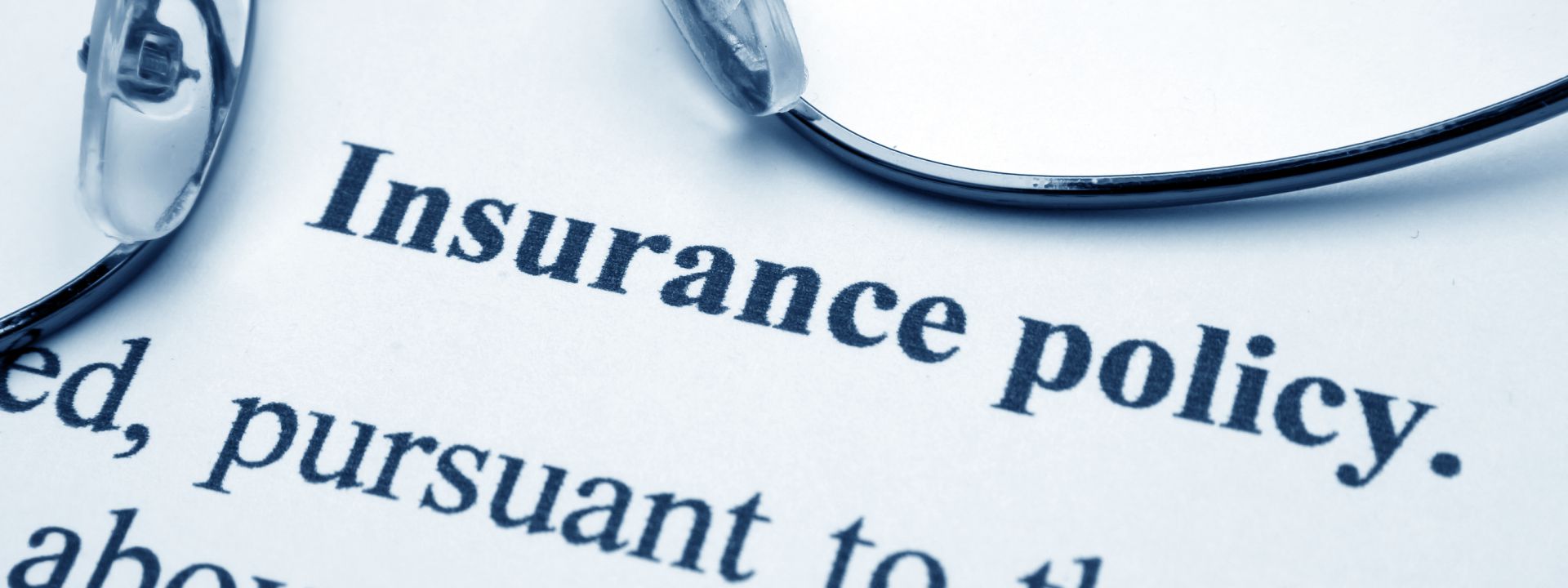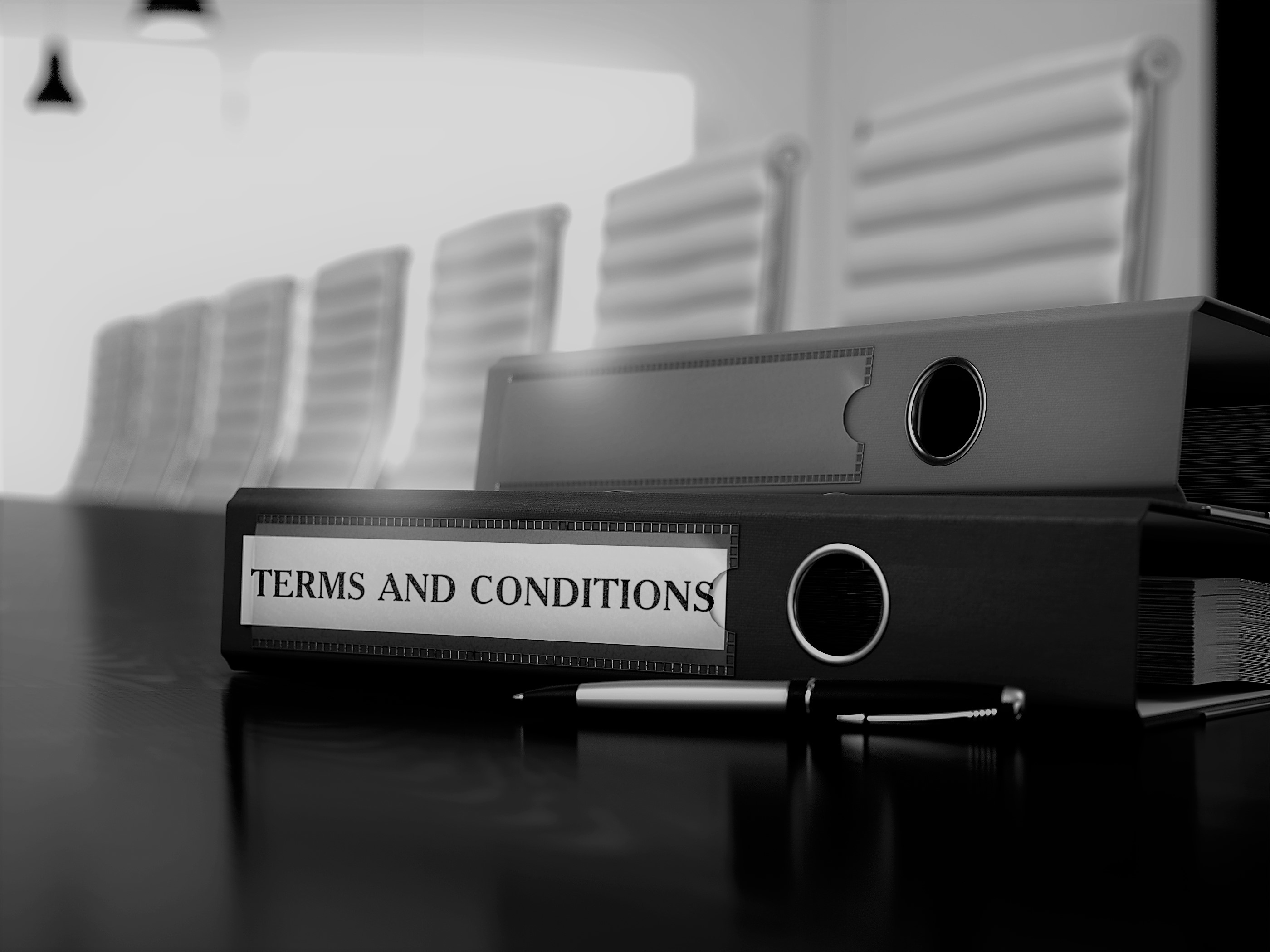Health Disease
Your body is the most priceless possession. After all, you have to dwell in it! So take care of it with a right Health Insurance Plan.
What is Lung Cancer?
Lung cancer is a type of cancer that initiates in the lungs. Your lungs that a part of your chest that functions by taking in oxygen when you inhale as well as it releases carbon dioxide when you exhale.
Most men and women when suffer with Lung cancer, have a low survival rate. Its survival rate is lower than other types of cancer.
Lung cancer may or may not show any symptoms. Therefore, one would find it difficult to identify lung cancer in its earliest stages. But, remember that lung cancer symptoms may be alike to those of a respiratory infection. In lung cancer, the cell overgrowth pattern happens in the lungs, which are important organs for breathing as well as for gas exchange.
Causes of Lung Cancer
Smoking is the root cause of majority of lung cancers — this is true for heavy smokers as well as to those who are exposed to secondhand smoke. However, lung cancer also develops in people who never smoked in their life and also those who have been and in those who never had any prolonged exposure to secondhand smoke. In cases like these, it would be difficult to know the lung cancer causes.
It is also said that family history of lung cancer as well as exposure to radon gas, asbestos as well as carcinogens will have added risk factors of developing lung cancer.
Types of Lung Cancer
There are two main types of lung cancer cells. Depending on the type of lung cancer and its location, your doctor will decide which treatment will be best for you: The two main types of lung cancer are:
- Small cell lung cancer. Small cell lung cancer usually happens almost exclusively in people who are heavy smokers.
- Non-small cell lung cancer. This type of lung cancer is an umbrella term for different types of lung cancers behaving in a similar way. Non-small cell lung cancers are squamous cell carcinoma, large cell carcinoma and adenocarcinoma
Treatment
What steps should be taken for Lung cancer prevention?
Mentioned below are some of the important steps to be taken for lung cancer prevention:
- Don't smoke.
- Quit smoking.
- Avoid secondhand smoke.
- Test your house for radon.
- Avoid carcinogens at work.
- Eat diet rich in fruits and vegetables.
- Exercise regularly.
What are the available Lung cancer treatment options?
Lung Cancer Treatments will depend basis its location and stage, and the overall health of the person.
Typically, surgery as well as radiations are the most common treatments that are beneficial for lung cancer treatment. Say for instance, chemotherapy will be used by most of the doctors for treating chemotherapy.
Mentioned below are some of the possible treatments for lung cancer:
- Surgery: Any cancerous lung tissue as well as the tissue in the surrounding areas where the cancer is spreading rapidly, will be removed with the help of a surgery. This usually includes removal of a lobe or large segment of the lung in a process named as lobectomy.
In severe cases, the lung entirely will be removed by the surgeon. It is possible for a person to live without a lung, however being in good health before a surgery will help in improving outcomes after lung removal.
- Chemotherapy: This lung cancer treatment is done by using drugs to shrink or kill cancer cells. These medications will rapidly target dividing cells that makes them ideal to treat cancer.
When a cancer spreads to different parts of the body and need a body-wide attack, chemotherapy is the best option.
But, chemotherapy is a powerful intervention and therefore it can have side effects such as extreme nausea as well as weight loss.
- Radiation therapy: This lung cancer treatment is used for killing cancerous cells with the help of high-energy rays. Before a tumor can be removed surgically, a doctor may also use a radiation therapy for shrinking the tumor size. But remember that a radiation therapy is used in cases of cancers that haven’t spread from one location to another.
- Targeted therapy: Targeted therapy is a cancer treatment that uses particular medications that are mainly used for targeting a particular behavior in cancer cells.
Are there any natural or homemade remedies for Lung Cancer?
Mentioned below are some of the homemade remedies for lung cancer:
- Treatment for dry mouth:Radiation therapy may result to dry mouth due to exposure of salivary glands to radiation. The salivary glands help in lubricating the mouth with spit or moisture. After the radiation therapy, the salivary glands will begin functioning but very rarely in the same fashion. Dry mouth which is a result of can be a lifelong problem. Therefore for treating the same, you may rinse your mouth with adequate water frequently that is every 2 hours or whenever you are awake. You may add either salt or baking soda to the water. Apply lip moisturizer too regularly. Sucking on hard candies will help in lowering the negligible sugar content.
- Treatment for nausea/diarrhea/vomiting A cancer patient will help in causing dehydration after cancer treatment such as nausea, diarrhea, vomiting. You may be administered intravenous (IV) fluids as depending on the degree of dehydration.
- Treatment for diarrhea: Diarrhoea is a usual symptom in patients that recover from cancer treatment:
- Drinking plenty of clear fluids
- Eating small amounts of soft bland low fibre foods regularly
- Avoiding foods such as raw vegetables, fruits, strong spices, greasy, fried foods, fatty food, lactose products, alcohol, supplements,
- Treatment for constipation:Constipation is the usual side effects of chemotherapy. Some ways of treating the condition include:
- Eating foods high in fiber such as fruits, cereals, as well as vegetables
- Drinking two to three liters of non-alcoholic fluids regularly preferably water or juices
- Exercise regularly
When to see a doctor?
In case you suffer from some persistent symptoms of lung cancer, you should visit your doctor immediately. In case symptoms such as coughing up blood, hoarseness, bone pain, headache, shortness of breath, and losing of weight suddenly, etc. starts showing up, it is important to seek immediate medical attention. In case you smoke and are finding it difficult to quit, you should visit your doctor. Your doctor will prescribe strategies to quit smoking, such as medications, counseling, and nicotine replacement products.








 support@greyfont.com
support@greyfont.com Call Us on (022) 4891 3051
Call Us on (022) 4891 3051